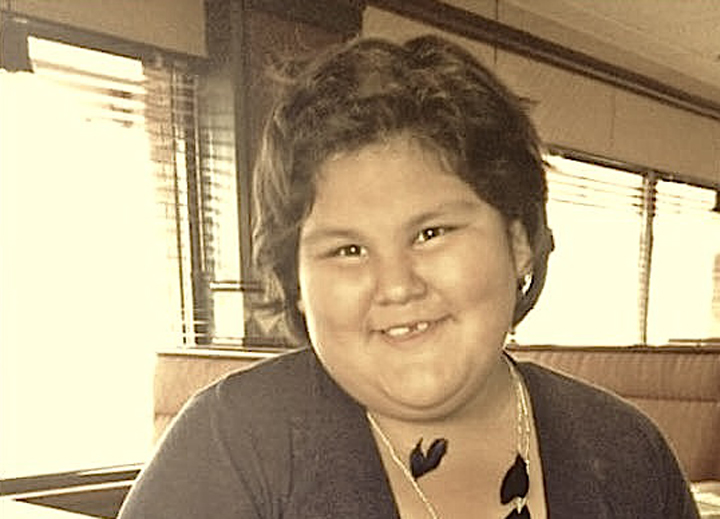An Ontario coroner has agreed to further investigate the death of 13-year-old Sheridan Hookimaw who died by suicide more than two years ago in Attawapiskat. But stopped short of calling for an inquest. Her death sparked a crisis in the community,

“I can confirm this death is being further investigated by our office and the family’s request for a discretionary inquest is being reviewed,” Dr. Michael Wilson of Thunder Bay said in a letter to James Bay-Timmins NDP MP Charlie Angus and shared with Global News.
WATCH: 1 year after suicide crisis, Attawapiskat still lacking mental health resources
Sheridan’s death in October 2015 was devastating for the community of about 2,000 and touched off dozens of suicide attempts and threats of suicide among her peers. Attawapiskat declared a state of emergency in April 2016 after nearly a dozen suicide attempts in a single Saturday night, including one involving an 11-year-old.

Get daily National news
Angus called the announcement from Wilson positive but said the family and his office are pushing for a full inquest.
“Sheridan was completely ground down into hopelessness and poverty by the lack of support every step of the way,” Angus told Global News. “Lack of housing, lack support in terms of the sickness she was facing which may have risen from the toxic contamination at her school.”
“She is the poster child for the hopelessness of Indigenous children.”
READ MORE: Family of Attawapiskat teen who killed herself calls for coroner’s inquest
Sheridan’s family has said she was bullied at school but also suffered from a number of serious medical conditions including, diabetes, thyroid problems and asthma which may have been aggravated by mould in her home and toxic chemicals from contaminated school grounds.
The family called for an inquest to help explore circumstances that would lead a teenager to a self-inflicted death and what could be done to prevent further suicides in the community.
“It seems multiple factors contributed to Sheridan’s death. In addition to the bullying she experienced at school, her physical health put Sheridan at greater risk for self-harm, particularly when coupled with the lack of suitable housing available in the community,” she said in the letter to the regional coroner.
Rather than assigning blame, an inquest examines the events surrounding a death and a jury may make recommendations aimed at preventing similar deaths.
“Sheridan’s tragic death should not be in vain,” Hookimaw said. “We want to see changes in the institutions that are supposed to nourish, protect and care for our children.”
READ MORE: Ontario First Nation reeling following suicides of at least 4 young people
Similar tragic cycles of suicide have played out in other remote Indigenous communities in northern Ontario and elsewhere across the country.
Global News previously reported that one year after the crisis in Attawapiskat, community members still say they don’t have access to full-time mental health workers.
Jackie Hookimaw Witt, Sheridan’s aunt, said the announcement from the coroner is being greeted with “mixed emotions” from the family who will have to reprocess the grief of losing Sheridan.
“We just want some transparency, and accountability for how Sheridan died,” Hookimaw Witt told Global News. “We want to prevent other children from losing their lives.”
She said the family is hoping for a formal inquest that will expose the systemic racism and injustice that First Nations children face in communities across Canada.












Comments